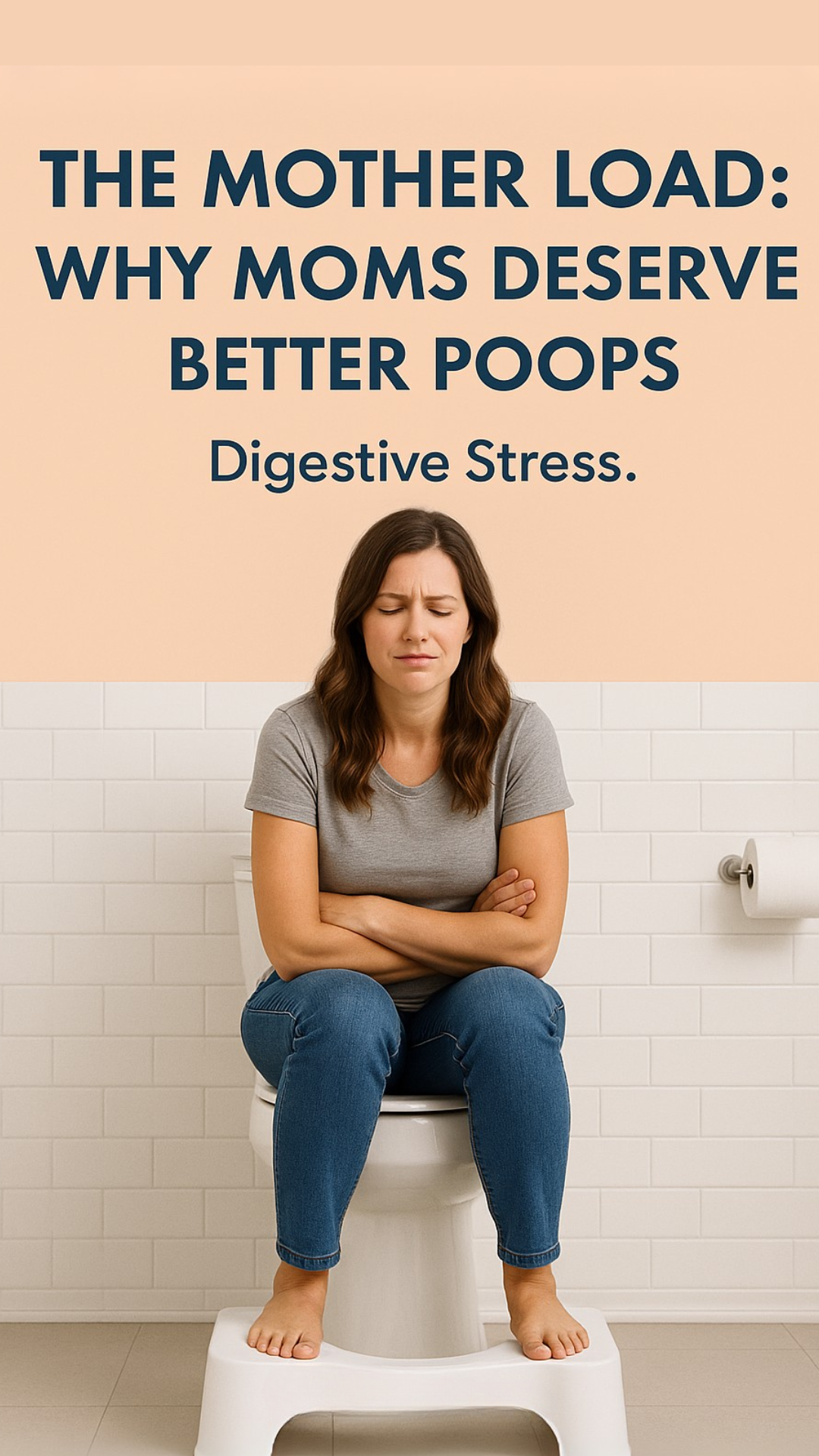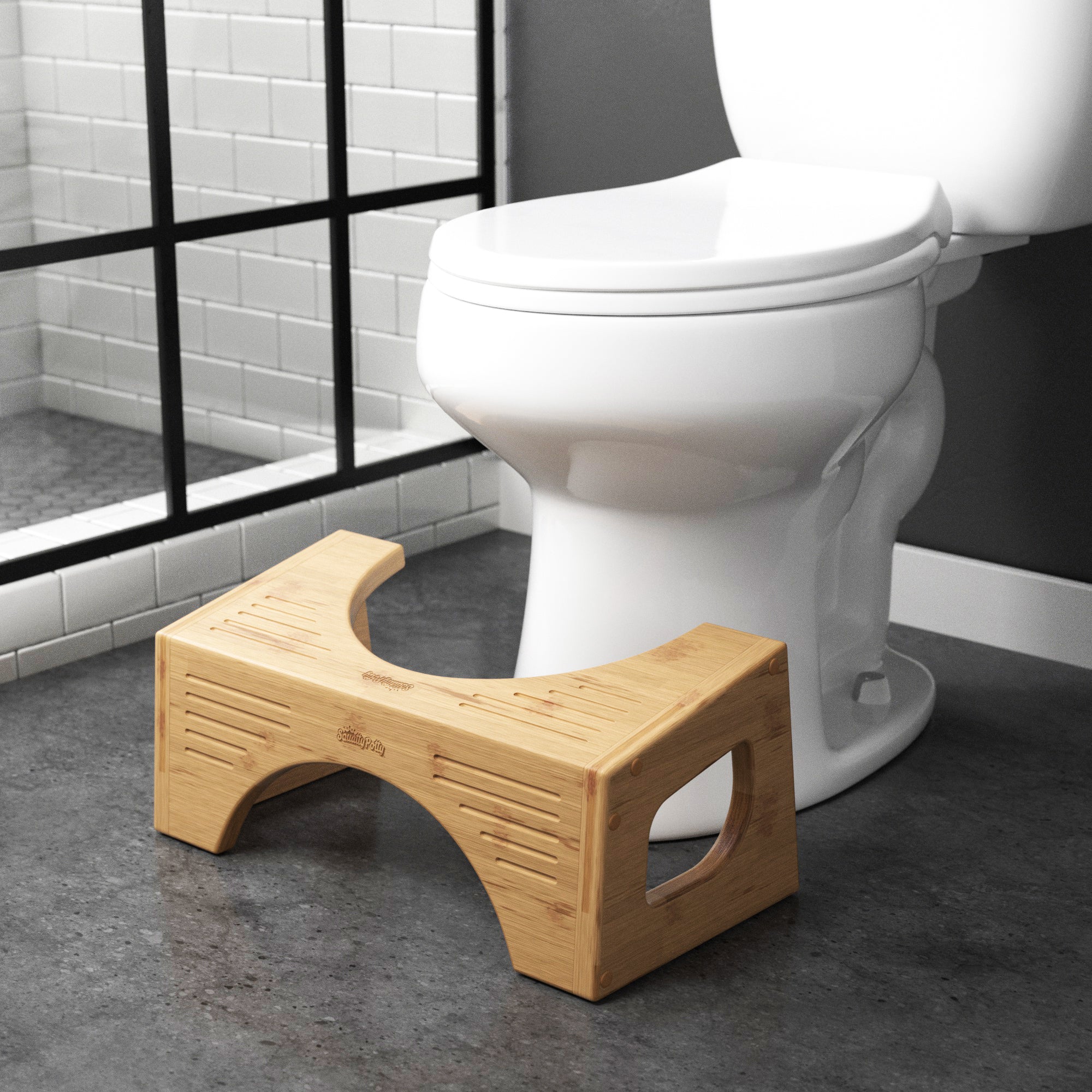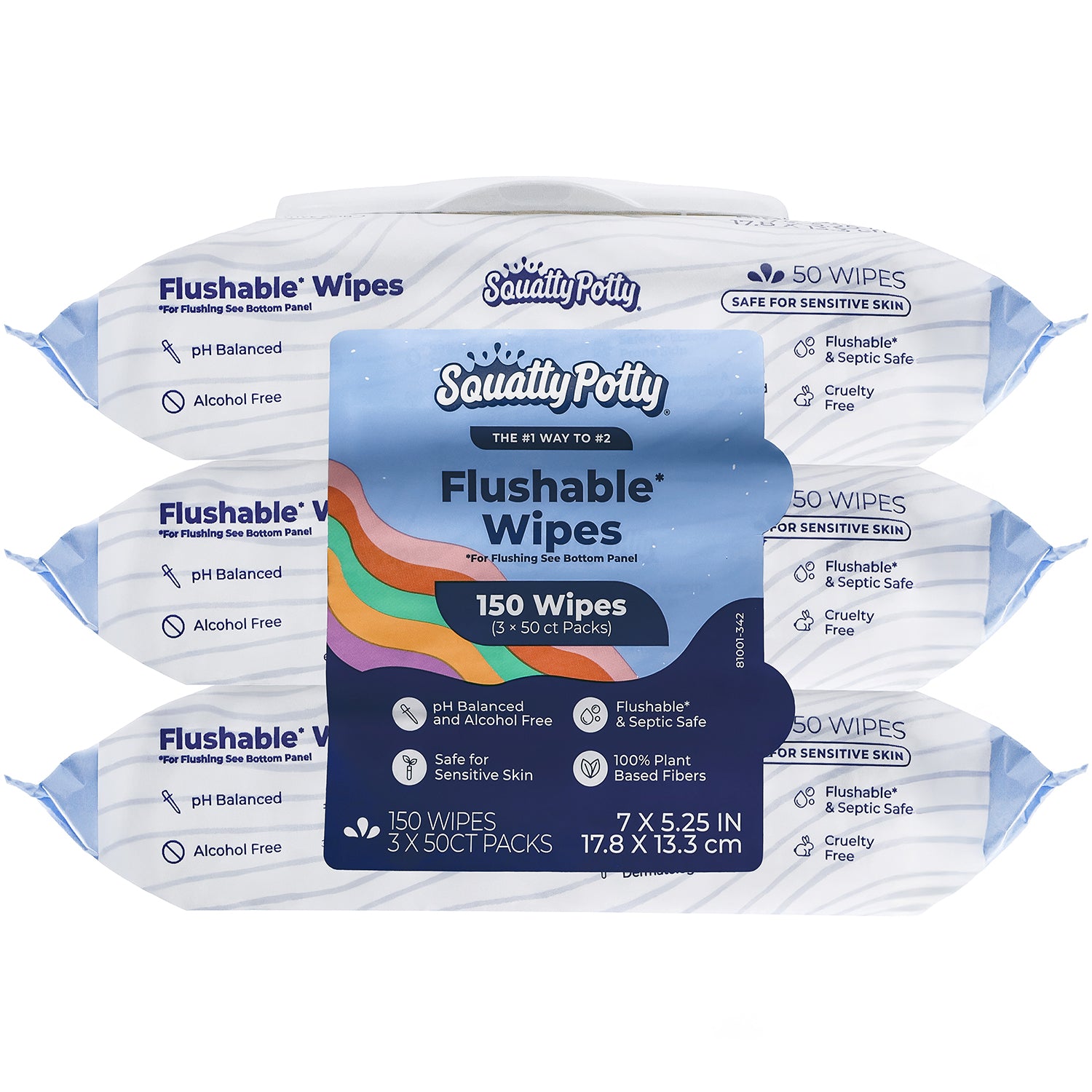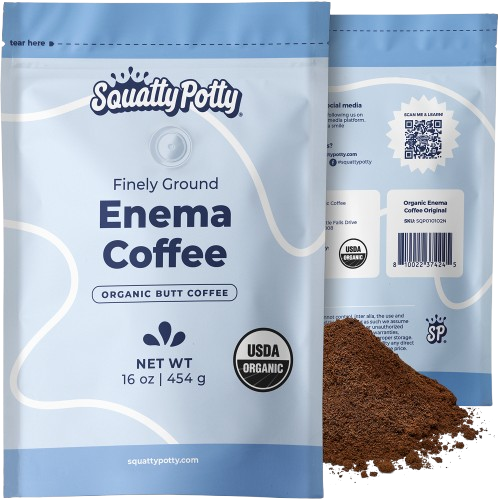The Comprehensive Guide to Coffee Enemas: Benefits, How-To, and Safety
Coffee enemas have been a topic of interest in alternative health circles for some time. Proponents of coffee enemas claim various health benefits, from detoxification to improved mental clarity. If you’re curious about this type of colon cleanse, this guide will cover everything you need to know, including the potential benefits, how to perform one, and the associated risks.
Coffee Enema Benefits: What is a Coffee Enema Good For?
- Detoxification: One of the primary reasons people turn to coffee enemas is for their supposed detoxification benefits. The use of coffee enemas is believed to stimulate the liver to produce more bile, aiding in the removal of toxins from the body. This detox process is said to enhance the body's natural cleansing processes, providing a cleaner internal environment. However, it's important to note that there is no scientific evidence to support the effectiveness of self-administered coffee enemas in completely detoxifying the body.
- Increased Energy: Some users report feeling more energized after a coffee enema. This effect is likely due to the absorption of caffeine through the colon and rectum, which can provide a temporary energy boost. Caffeine stimulates the central nervous system, leading to increased alertness and energy levels. Yet, relying on enemas for energy is not advisable without consulting a healthcare professional.
- Improved Mental Clarity: Many proponents of coffee enemas claim they lead to enhanced mental clarity and focus. By helping to detoxify the body, the colon and rectum may operate more efficiently, potentially translating to better cognitive function. However, the scientific evidence to support these claims is limited.
- Enhanced Digestion: Coffee enemas may help alleviate constipation and improve digestion by promoting bowel movements. They can stimulate peristalsis (the wave-like contractions in the intestines), which aids in moving waste through the digestive tract. While coffee enemas may relieve constipation, they should not be used as a regular remedy without medical advice.
- Antioxidant Properties: Coffee contains antioxidants like cafestol and kahweol, which help combat free radicals and reduce inflammation. These antioxidants may also provide protective benefits to the liver. Coffee enemas may thus contribute to overall health and well-being. However, there's limited evidence to suggest that coffee enemas are more effective than oral coffee consumption in healthy individuals.
Why Coffee Designed for Enemas is Different from the Coffee You Drink
Coffee used for enemas is distinct from the coffee you drink, and it’s crucial to understand these differences to ensure safety and effectiveness.
1. Purity and Organic Quality:
- Organic Coffee: Caffeinated coffee used for enemas is typically organic to avoid pesticides and chemical residues. Organic coffee ensures no harmful substances are introduced into the body through the enema.
- Purity: Coffee enema coffee is free from additives, flavors, and preservatives that are often found in regular drinking coffee. This purity is essential for reducing the risk of irritation in the colon and rectum.
2. Roast Level:
- Light Roast: Coffee for enemas is usually light roast, as it retains more of the natural compounds and antioxidants, such as palmitic acid, which are beneficial for detoxification. It has higher levels of caffeine and palmitic acid, stimulating the liver to produce bile.
- Drinking Coffee: Drinking coffee comes in various roast levels. Dark roast coffee has lower caffeine and palmitic acid content due to the longer roasting process, making it less effective for enema purposes.
3. Preparation and Cleanliness:
- Special Preparation: Coffee designed for enemas is processed and packaged to ensure it's free from contaminants and specifically labeled for enema use.
- Regular Coffee: Regular drinking coffee may contain oils, impurities, and other substances that can be harmful or irritating when introduced into the colon and rectum.
4. Caffeine Content:
- Higher Caffeine: Enema coffee typically has a higher caffeine content due to the light roasting process. Caffeine is crucial in stimulating the liver and promoting bile flow, which is essential for the detoxifying effects of the enema.
- Variable Caffeine: Drinking coffee varies widely in caffeine content depending on the beans and roasting process. Lower caffeine levels may not provide the same detox benefits when used in an enema.
5. Chemical Composition:
- Palmitic Acid: Coffee for enemas is high in palmitic acid, a compound that stimulates the production of glutathione S-transferase, an enzyme that aids in detoxification.
- Different Composition: Drinking coffee, especially darker roasts, may have altered chemical compositions that reduce the levels of beneficial compounds like palmitic acid.
Our recommended coffee is a perfect solution for those looking to try a coffee enema.
CLICK HERE TO BUY
OUR ORGANIC ENEMA COFFEE
How to Do a Coffee Enema
Performing a coffee enema at home requires some preparation and the right equipment. Here's how to ensure a safe and effective experience:
Preparation:
- Ingredients: Use organic coffee (preferably light roast) and filtered water to avoid contaminants.
- Equipment: You’ll need an enema kit (bag or bucket with a tube and nozzle) and a comfortable place to lie down.
Coffee Enema Instructions:
- Brew the Coffee: Use 2-3 tablespoons of organic coffee for every 4 cups of water. Boil the mixture for 10-15 minutes, then let it cool to room temperature coffee.
Should You Drink Water to Prepare for a Coffee Enema?
Yes, you need to drink plenty of water to stay well-hydrated before and after a coffee enema. This is crucial to prevent dehydration and maintain electrolyte balance, as enemas can cause fluid loss.
A recommendation is to:
Before the Enema: Drink at least 8-16 ounces of water 30 minutes to an hour before the enema.
After the Enema: Continue to drink water to replenish fluids and support detoxification.
Are Coffee Enemas Good for You?
While coffee enemas may offer some benefits, they also come with potential risks:
Potential Benefits: Coffee enemas as part of alternative therapy may aid in detoxification and relieve constipation by promoting bowel movements.
Potential Risks: There are case reports of adverse effects caused by coffee enemas, including electrolyte imbalance, infections, and rectal burns. In extreme cases, coffee enema-induced injuries have led to serious complications.
The National Cancer Institute states that there's no scientific evidence to support the use of coffee enemas in treating cancer or other health conditions.
Symptoms Coffee Enemas Can Potentially Help With
Proponents of coffee enemas suggest that they can help alleviate symptoms like constipation, fatigue, brain fog, and digestive issues. However, it's essential to note that scientific evidence to support these claims is limited, and the effectiveness of self-administered coffee enemas varies among individuals.
Can Coffee Enemas Help with Colitis?
Colitis, including proctocolitis, involves inflammation of the colon. While some proponents believe coffee enemas may help reduce inflammation due to their anti-inflammatory properties, there is limited evidence to support their use for colitis. Consultation with a healthcare professional is advised.
Can Coffee Enemas Help with Stool Issues?
If there is one thing Squatty Potty cares about, it's helping you poop better.
Coffee enemas may assist with stool issues by stimulating peristalsis, helping to soften stool, and promoting bowel regularity. However, scientific evidence to support the long-term safety and effectiveness of self-administered coffee enemas for stool-related issues is not conclusive.
The History and Origins of Coffee Enemas
The use of enemas dates back to ancient civilizations. The specific use of coffee enemas originated in the early 20th century and gained attention through the work of Max Gerson, a German-American physician.
The Gerson Therapy included coffee enemas as a way to detoxify the liver and improve general health. However, the Gerson Therapy and the use of coffee enemas to treat cancer remain controversial due to a lack of strict scientific evidence.
Risks and Warnings
Electrolyte Imbalance: Frequent use of coffee enemas may lead to electrolyte imbalances, posing a health risk.
Infections: Using improperly sanitized equipment can cause intestinal infections in the colon and rectum.
Dependency: Relying on enemas for bowel movements can lead to natural bowel function disruption.
Conclusion
While some individuals claim health benefits from coffee enemas, such as detoxification and relief from constipation, it's important to approach this practice cautiously.
The use of coffee enemas should be discussed with a healthcare professional to ensure safety. Current scientific evidence does not fully support the effectiveness of coffee enemas in treating specific health conditions, including cancer. Always ensure our content is accurate and properly sourced before trying alternative health practices.









